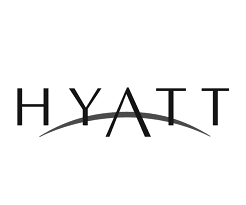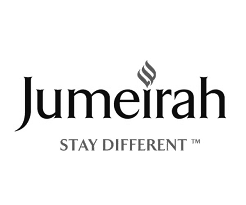Why hotel connectivity can make or break your luxury property
Your hotel may look like a sanctuary, but behind the scenes it runs like a data centre. The question is: are you managing it like one?
Luxury hotels today rely on as many as 15-20 cloud-based systems just to deliver a smooth guest experience. From PMS, CRM, POS, smart rooms and energy to security and staff scheduling, your teams spend much of their time in front of dashboards.
And all these systems rely on one thing: fast, secure, reliable internet connectivity. But many operators don’t fully know how these tools talk to each other, where guest data is stored, or how one system’s failure could bring down the rest.
In this post, we break this down, showing how these interconnected systems work – and fail – together.
Key takeaways
- – Luxury hotels have become complex digital environments requiring rock-solid connectivity.
- – System failures create cascading effects across your entire tech stack, disrupting guest experiences and operations.
- – With guest data scattered across multiple platforms globally, compliance responsibility lies with you.
- – A connectivity-first approach treats internet infrastructure as mission-critical, not an afterthought.
The accidental data centre
You didn’t set out to become a tech company, but that’s kind of what’s happened. In the shift to cloud-based everything, luxury hotels have subtly evolved into complex digital environments.
Your guest-first experience is powered by a web of interconnected apps, APIs, and real-time data. All online, all relying on rock-solid connectivity. Lose that, and you lose them all.
The numbers speak for themselves: the UK economy lost £17.6 billion as a result of fixed business connectivity outages in 2024. For luxury hotels, where every moment of downtime means frustrated guests and lost revenue, the stakes couldn’t be higher.
The guest data blind spot
Many hotel operators assume their vendors handle data privacy and compliance, and yet if they don’t know where their data is stored, they could be exposed.
Your CRM could be hosted in the US, your PMS in Ireland, and your payment processor in Singapore. So who’s responsible for GDPR and CCPA compliance?
You are.
With guest data scattered across platforms and providers, the liability (and risk) grows. In a sector where trust is essential, a breach can ruin your brand. Thanks to the interconnectedness of modern hotel systems, a security weakness in one platform can potentially compromise your entire guest database.

The cost of vendor lock-in
Many hotels feel stuck with underperforming platforms because switching means retraining staff, reconfiguring integrations, and risking downtime. Add in the complexities of evaluating alternatives, and rapid change is nearly impossible.
But the right IT partner helps you stay in control, choosing solutions that keep you flexible, not locked in.
What many hotels get wrong (and how not to do the same)
With the right IT partner you can create a better framework that treats connectivity as a critical system. Here’s what top-performing hotels are doing:
- – Prioritising connectivity as infrastructure (not an add-on), with redundant connections, failover systems and proactive monitoring
- – Mapping where the data lives and which laws apply via clear inventories of what data is stored where
- – Stress-testing integrations and planning for failure, with clear escalation paths in case (or when) things go wrong
- – Keeping control over critical decisions by choosing solutions that preserve flexibility and avoid vendor lock-in
It’s not just the day-to-day operations that benefit from a connectivity-first approach. This way, you create a smoother, smarter guest experience that scales and stands out.
Luxury is how it feels. But connectivity is how it works. Ignore it, and you’re one glitch away from chaos. Get it right, and your hotel runs like the five-star experience you’re aiming for.
Want to find out more? Explore our connectivity and cloud services.









